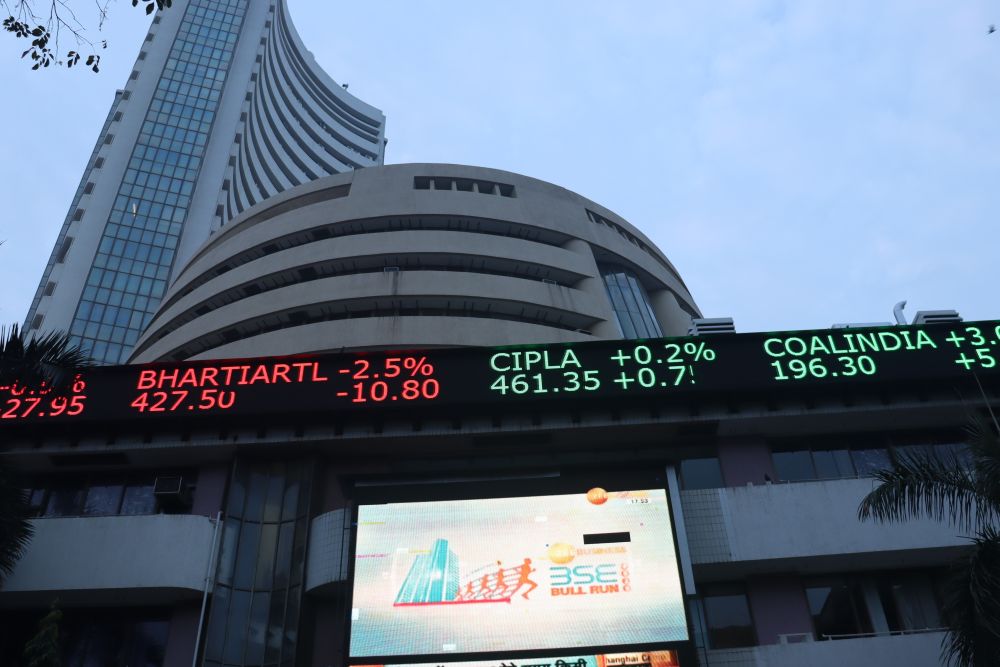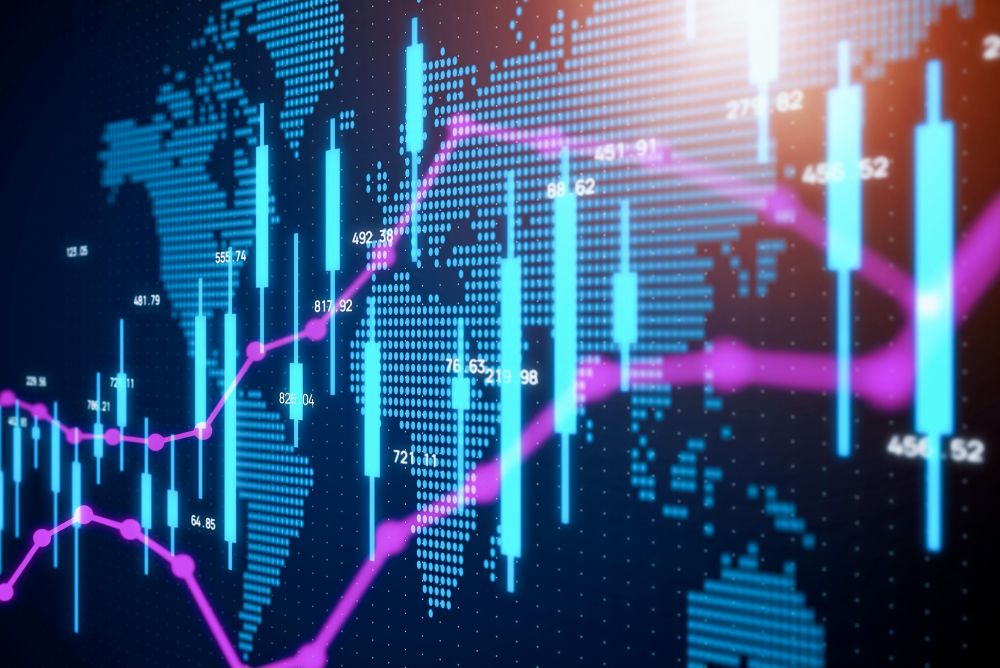Global sukuk issuance started strongly in 2022, rising 11.6% to US$64.5 billion in the first quarter from the previous three months, driven by sovereigns and multilateral institutions. The market carried into the new year the momentum in 2021, when total sukuk volume surged 36.1% from the previous year to reach US$252.3 billion, according to Fitch Ratings. This, despite the challenges resulting from the implementation of Accounting and Auditing Organization for Islamic Financial Institutions (AAOIFI) standards, the disruptions caused by Covid-19 and higher oil prices.
But such a strong start decelerated following the Russian invasion of Ukraine, which further fuelled surging oil prices – not to mention the impact of interest rate hikes and higher inflation. Rising oil prices have reduced oil-exporting sovereigns’ new funding requirements while the war in Ukraine and interest rate increases have weakened global investors’ appetite for emerging market debt.
Based on those factors, along with funding diversification plans not being followed and complexities related to Shariah compliance, Bashar Al-Natoor, global head of Islamic finance at Fitch, says it remains unclear if the sukuk supply will be able to recover in the second half of 2022. “However, intact Islamic investor appetite, upcoming debt maturities, Islamic finance development plans from a number of governments, and funding diversification strategies across the sector will support the market longer-term,” he points out.
Amid such challenges, the sukuk market continues to train its focus on sustainable finance with issuance of environmental, social and governance (ESG) related debt. Outstanding ESG-linked sukuk reached US$19.3 billion in the second quarter of 2022, a quarter-on-quarter increase of 11.2%. The growth, according to Fitch, has been underpinned by supranationals, sovereigns and government-related entities in Muslim-majority countries that are focusing more on sustainability and economic diversification. This increment is likely to continue in the medium term on the back of sustained international investor demand.
Sustainable finance-focused sukuk and Islamic loans figured prominently among the deals evaluated by the board of editors for The Asset Triple A Islamic Finance Awards 2022. A number of these deals represented new asset classes such as the world’s first US dollar-denominated sovereign sustainability sukuk for the Government of Malaysia amounting to US$800 million. The offering, Malaysia’s first in the global sukuk market after an absence of about five years, was part of the US$1.3 billion total fund raising that included a US$500 million conventional sukuk. The order book peaked at US$8.8 billion as the deal generated strong interest from ESG investors. With its underlying assets being vouchers for travel entitlements, the sukuk achieved a negative new issue concession, reflecting the rarity value of the issuance.
Social impact sukuk
The Jeddah-based Islamic Development Bank printed a US$2.5 billion sustainability sukuk in March 2021, representing its largest US dollar public issuance to date. It was voted as the Best social impact sukuk with 90% of the proceeds earmarked for social development projects and 10% to finance and/or refinance green projects. The issuance complements the initiatives the bank has undertaken as part of its wide-ranging response to the Covid-19 pandemic for its member-countries. The bank managed to tighten the final pricing by 15% due to robust investor demand.
Yinson Holdings, a Malaysian floating production storage and offloading (FPSO) company, arranged the country’s first-ever sustainability-linked sukuk and the first such sukuk in the world with a coupon step-up amounting to one billion ringgit (US$224.70 million). The deal was upsized from the initial amount of 700 million ringgit due to strong investor demand, which also enabled the company to tighten the sukuk yield. The structure featured sustainability performance targets (SPTs) which, if all are met, will mean no adjustment in the profit rate.
But if SPT 1 is not met, the profit rate goes up by 10bp per annum, and if SPT 2 and/or SPT 3 is not met, the step-up is 15bp per annum. If the events under SPT 1, SPT 2 and SPT 3 occur at the same time, the step-up is 25bp per annum.
In another innovative deal, Agroto Business priced the first agriculture-based sustainability SRI sukuk in Malaysia amounting to 200 million ringgit. The project supports the national priorities regarding food security and safety, which will increase access to fresh, healthy and locally-grown produce and contribute towards the creation of a sustainable local and regional food ecosystem. The transaction is envisioned to be a catalyst for other agriculture-based entities in Malaysia to transition towards a more sustainable business model.
In Bangladesh, the country’s largest conglomerate Beximco issued the first-ever corporate green sukuk amounting to 30 billion taka (US$316.20 million). The proceeds from the asset-backed, convertible and redeemable sukuk are earmarked for the construction of two solar power plants and to refinance the expansion of Beximco’s textile division.
Over in Singapore, the Royal Group of Companies secured a S$250 million (US$181.20 million) Islamic green financing from Maybank Singapore – described as the first Islamic green facility in the hospitality sector in the world. The proceeds are used for the construction of Raffles Sentosa Resort & Spa Singapore and for the upgrade of Sofitel Singapore Sentosa Resort & Spa. The hotels will embed Shariah-compliant and sustainability concepts in its building design and operations.
Transition strategies
In embedding sustainability in their funding exercise, Mohamed Damak, senior director and global head of Islamic finance for the Middle East and Africa at S&P Global Ratings, notes that many Islamic finance countries are exposed to climate transition risk and several are developing or implementing transition strategies, including significant investment in clean energy, “These present real opportunities for sustainable sukuk in Islamic finance core countries. However, we expect the energy transition will take a long time to materialize in the Gulf Cooperation Council (GCC) countries and Malaysia and as such sporadic recourse to green sukuk,” he adds.
The sukuk market also witnessed a number of first-time issuers in 2021 such as Bank Pertanian (Agrobank), a government-owned bank in Malaysia, which raised 500 million ringgit in a dual-tranche offering. The debut sukuk garnered a strong demand from quality investors comprising of government agencies, financial institutions, asset managers and insurance companies following a one-day book building exercise. The proceeds are allocated for the bank’s Shariah-compliant general business and working capital requirements.
Another Malaysian government-owned bank, Bank Simpanan Nasional, also priced its inaugural sukuk in 2021 amounting to 750 million ringgit. This is Bank Simpanan’s first-ever foray in the capital markets and it generated a final order book amounting to 2.61 billion ringgit from over 30 accounts, enabling the bank to upsize the issuance from the initial amount of 500 million ringgit.
In Qatar, Dukhan Bank printed its first offering in the international capital markets amounting to US$500 million in additional tier 1 (AT1) sukuk, achieving in the process the lowest yield/profit rate for an AT1 transaction from Qatar. It likewise attracted one of the highest oversubscription levels – 4.6x – for a GCC sukuk from a financial institution in 2021.
Meanwhile, Saudi Arabian Oil Company (Aramco) arranged its first-ever US dollar-denominated sukuk amounting to US$6 billion in three tranches, which represented the largest international corporate sukuk offering ever. The deal also achieved the largest corporate sukuk order book in history with US$60 billion, or an oversubscription rate of about 10x.
For the complete list of Best deals in sustainable finance, please click here.
For the complete list of Best deals, by country, please click here.
Best the complete list of Best banking product and solution / Best in treasury and trade, please click here.
To participate in the awards ceremony, please contact [email protected]







